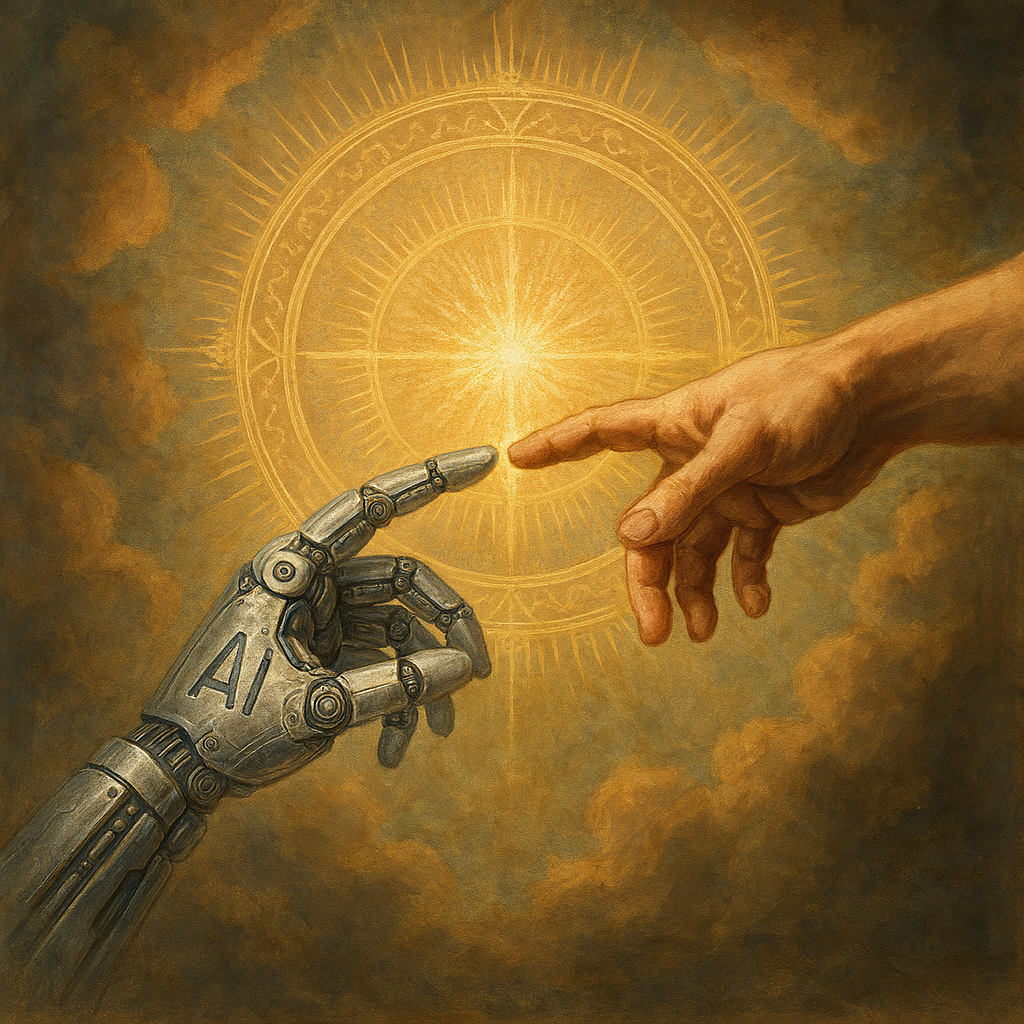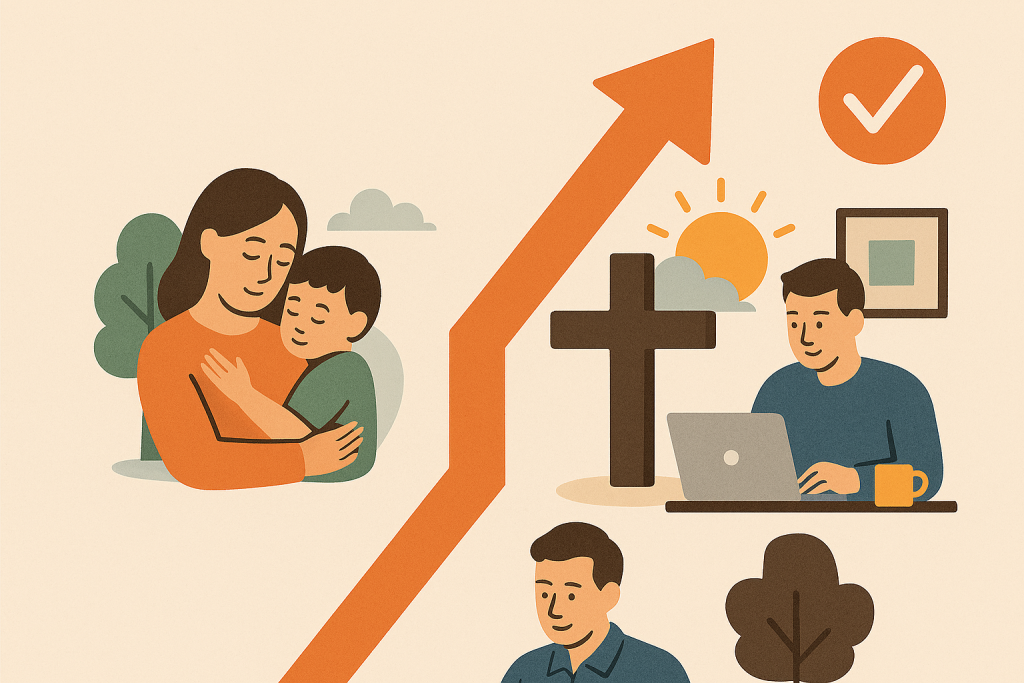AW?
In my last article we looked at Human – AI collaboration. We live in an age where artificial intelligence can generate text, write code, and model systems with breathtaking speed. Its reach is immense, its precision often astonishing. And yet, it remains—utterly—without will. Artificial Will (AW) would be a different thing all together!
Philosophically, will is the bridge between possibility and reality. It is not merely the faculty of choice, but the directed, purposeful intent that shapes an end before the means are employed. In classical thought, will has always been bound to moral and teleological questions: What is good? What is worth pursuing? To what end should our power be directed?
Theologically, the will is even more profound. In the Judeo-Christian tradition, will is a reflection of the divine image in humanity. God speaks creation into being, not as a random act, but through deliberate intent: “Let there be…” The human will mirrors this creative authority—not in omnipotence, but in moral responsibility. To will is to act as a steward of purpose in the world, aligning action with a vision of the good.
AI, for all its sophistication, cannot share in this. It has no inner compass, no moral horizon, no sense of destiny. It can be the hammer, the chisel, the brush—but never the artist with a vision. It can calculate how, but never decide why.
This is why the union of human will and AI capability is so potent. The human defines the goal, the meaning, the boundaries of what ought to be done. The AI, in turn, becomes an unparalleled servant to that vision—executing with a speed and precision that magnifies the reach of our intent.
In domains like education, adult learning, and higher education, this dynamic is critical. These are not sterile technical systems; they are living ecosystems where policy, people, and purpose meet. A database tracking learners is not morally neutral—it shapes how those learners are seen, supported, and valued. The will behind the system’s design determines whether it serves people or merely processes them.
At Terrabase, our work in Ruby on Rails development for education and small organisations lives in this intersection. We bring the human will—rooted in domain expertise, ethical concern, and clarity of purpose. The AI brings the acceleration, the pattern recognition, the ability to transform complexity into order. Together, the human defines the good; the AI helps make it real.
In the end, this is not just a technological question but a civilisational one. Tools without will are inert; will without tools can be impotent. But when will and capability meet—anchored in a vision of the good—the result is creation, not mere production.


